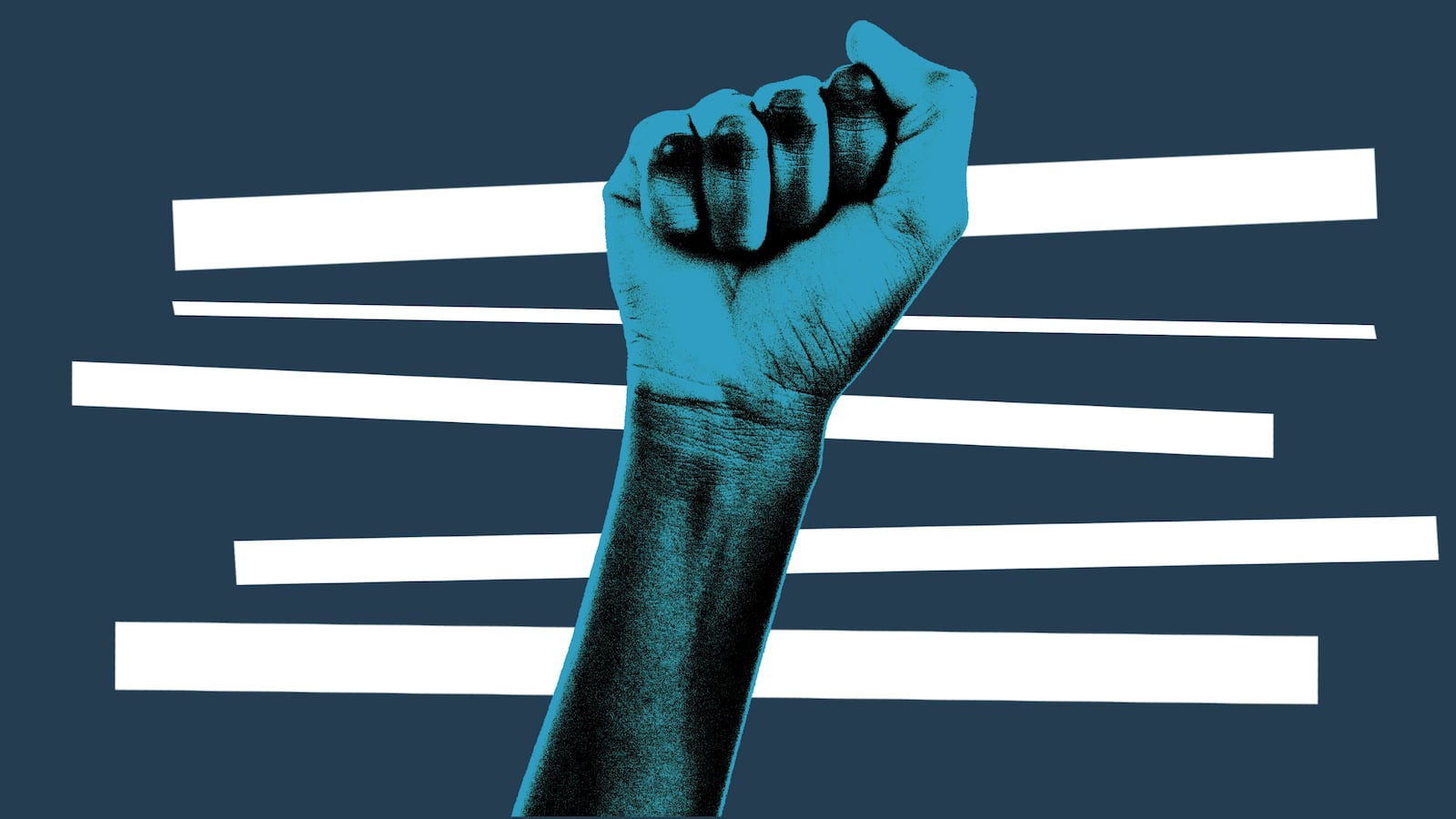When Dianne Morales launched her campaign for New York City mayor in 2021, she promised a radical platform centered on dignity, care, and solidarity. Months later, her staff spoke out about alleged union-busting and exploitative conditions.
One former staffer, Violet, told me she was expected to work 90-hour weeks and barely had time to eat or sleep. (Note: All names used in this article are pseudonyms to maintain study participants’ anonymity.) After Violet and her co-workers went on strike, Morales fired over 40 staffers. In response, progressive groups and politicians rescinded endorsements. By election day, Morales’ once-promising campaign was viewed as a “cautionary tale.” Yet this kind of hypocrisy isn’t singular to the Morales campaign. As Violet noted, “[It’s] a widespread epidemic of a complete lack of dignity.”
In 2020, I spent a summer working on a progressive congressional campaign. It entailed endless days and turbulent nights. I found myself dreaming that I had forgotten to recruit volunteers for phone banks or had failed to finish writing campaign talking points. I’d wake up in a state of panic. Across the span of a few hectic months, I became enmeshed in the enthralling and utterly exhausting world of campaign work.
To learn more about this world and its consequences, I conducted a qualitative sociological study based on interviews with 20 progressive campaign workers. Participants ranged from entry-level field organizers to seasoned campaign managers and field directors. Nearly all participants had worked on both primary and general election campaigns. The interviews revealed an abject failure by candidates and managers to create fair and equitable working conditions. This failure, I concluded, is widespread, severe, and harmful to building progressive power.
Exploitative work practices turn fired-up, committed progressives into burnt-out, disillusioned workers. Campaign staff shared countless stories of being expected to prioritize work over their well-being.
One organizer, Andrea, told me that her boss asked her to venture out in a blizzard to make a delivery to a fundraiser when she was sick. When she explained her predicament, her boss responded “Well, do you care about winning?” Staff also described facing daily harassment while canvassing. This harassment made workers with perceived racial, ethnic, and gender identities feel particularly vulnerable and at risk. Nathan, who worked on a campaign that received a large number of threats to both staff and the candidate, commented, “We’re literally putting our lives on the line for next to minimum wage.” These threats were brushed off by supervisors as par for the course, leading staff to feel “expendable.”
Campaigns build in intensity and anxiety as the election date gets closer. This period of work is all-consuming: 14-hour workdays, few or no days off, countless hours on the phone with voters, and late-night meetings. Campaign workers are expected to do whatever it takes to win. As Rachel, a study participant explained, campaign work “requires you to push yourself to the absolute brink and then some!”
This campaign lifestyle is made more challenging by the fact that workers regularly face periods of unemployment following elections. In addition to the unique cyclical structure of electoral politics, the culture of progressive campaigns puts staff at risk of exploitation. Jordan shared that most campaign workers put up with these conditions because they are “really idealistic, committed, dedicated, passionate individuals.” But eventually, that passion burns out. After each cycle, skilled progressives leave campaign work for more stable and sustainable careers.
These conditions harm the progressive movement and have real consequences on a candidate’s electability (as in the case of the Morales campaign). They cause talented workers to leave the field, taking their training and experience with them. This results in labor shortages and a dearth of skilled campaign workers. Additionally, these conditions make campaigns less diverse and accessible by excluding progressives who lack the financial and social safety nets that make unstable, all-consuming work possible.
It doesn’t have to be like this. There are several ways to improve the status quo. A recent and rapid rise in campaign unionization efforts suggests the possibility that unions might become normative in electoral politics. Although unionization on time-limited campaigns presents challenges, my participant data indicates that campaign unions are effective at improving conditions and are widely supported by campaign workers.
Political parties can also play a greater role in setting better guidelines and practices for managing campaign staff. For example, parties could set standards such as minimum wage or a requirement for paid time off that could function as a condition for party endorsement.
To address associated costs campaigns may incur when improving working conditions, we can look to policy and campaign finance reform. Participants consistently cited the tight budgets on campaigns as contributing factors to the over-work and exploitation of staff. For example, matching funds are public campaign financing programs that incentivize campaigns to seek small-dollar donations in an effort to limit the influence of big, wealthy donors. Programs such as the those instituted in New York, Minnesota, and Connecticut might help smaller, grassroots campaigns avoid being underfunded, potentially leading to an increase in pay and support for campaign workers.
Addressing campaign working conditions will take time and resources, which are always hard to come by in progressive politics. But how can we expect to advance equity and justice in our society in the long term if we fail to uphold these values at the source?
In the weeks leading up to primary and general elections, political candidates will be asking for support. Before you offer it, it’s important to consider if their actions match their campaign platform. How is this campaign and candidate treating their workers? By encouraging campaigns and candidates to walk the walk, we might begin to lessen burnout and score more progressive wins at the ballot box.







